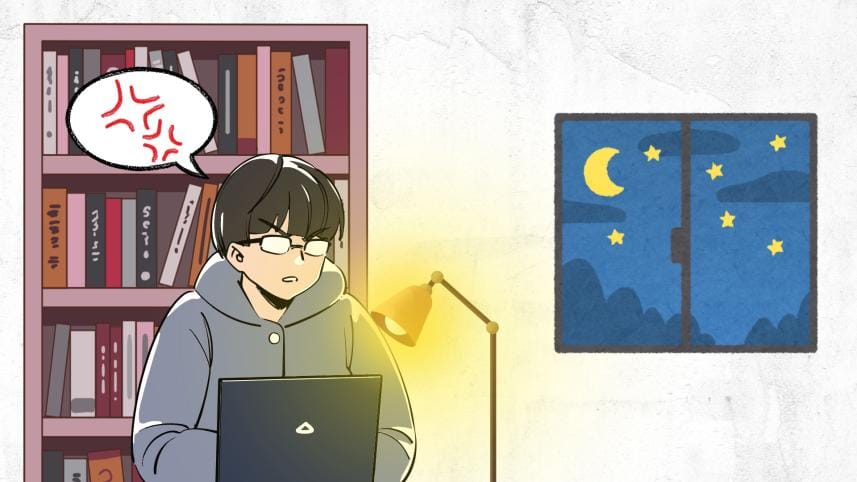How universities can make group projects more collaborative

The project is due in two days. You have done your part. Another team member, bless their soul, has done theirs. But the crucial third section — the one assigned to the person who has been silent for a week — remains a blank, blinking cursor on a white screen. After you have sent them countless reminders – that were met with silence or short, half-hearted apologies – you find yourself in the dead of night, trying to write an entire section on a topic you barely understand. Your grade, and the grades of your other diligent teammates, now rest on your sleep-deprived shoulders.
If this scenario sounds familiar, it is because this is often the reality of university group projects.
Universities tell us collaboration matters, and employers want to see applicants who have experience working on a team. And yet, many classroom group projects tend to reward the loudest, overlook the organised, and hide freeloaders behind a single, shared grade. That mismatch is not a minor annoyance. It is demoralising, and it trains students to avoid teamwork rather than learn from it. There is the frustration of doing more than your share, the anxiety of carrying the risk for someone else's absence, and the awkwardness of confronting a peer who will not reply. These feelings are real. They affect learning, and they affect mental health.
So, can universities change the system to ensure that each member is held equally accountable, while fair credit still reaches the students who earned it?
Contribution contracts
Before a single slide is made or a draft uploaded, teams could agree on a one-page contribution contract. Not a legal document, just a list of names, roles, milestones, deliverables, and deadlines. Students then sign or confirm it in the learning management system. This contract serves two purposes. Firstly, it sets expectations, and it creates a record. And secondly, when someone fails to do their part, teammates and instructors have something concrete to refer to.
Modular grading
Modular grading is a grading system in which students are assessed on each module separately. It separates the group product from individual contribution. Allocate a portion of the grade to the shared work and another portion to measurable individual work. The important point is to stop conflating individual effort with the group's overall score. When the grade structure is explicit, students know their actions matter, and they learn that teamwork skills are being assessed alongside technical skills.
Regular checkpoints
Small, frequent milestones with short deliverables reduce the harm caused by last-minute absence. If each checkpoint requires an individual output, such as a paragraph, a data table, a code commit or a slide, then contribution becomes visible. Faculty can grade or verify these outputs quickly. Problems show up early instead of the night before the final submission, and students feel more ownership over the process.
Making use of simple technology
Version control systems such as Git are obvious for coding courses. For essays and presentations, tracking document history could be useful to show who contributed what and when. Learning platforms can show uploads and timestamps. Even a shared spreadsheet with time-stamped entries would be adequate. The goal is not surveillance; it is traceability. When contributions are documented, calibrating credit becomes easier and disputes become less personal.
Keeping instructors in the loop
Faculty are not referees for every squabble, but instructors could design projects with realistic oversight. That means building quick formative assessments, providing clear instructions that define contribution, and being available for mediation when teams are stuck.
Limiting collateral damage
A single member's poor performance should not influence the entire team's hard work. Thus, putting a cap on how much a single member's score can reduce others' grades could be a solution. A balanced system protects the many from the few.
Education is not only about mastering content but also about preparing for workplaces where accountability is clear and team members depend on one another. Students deserve group projects that teach collaboration and that do not punish those who try. They deserve grades that reflect their contributions, and they deserve to enter the workforce with fewer scars from university teamwork.
Bipra Prasun Das is an undergraduate student at North South University.
 For all latest news, follow The Daily Star's Google News channel.
For all latest news, follow The Daily Star's Google News channel. 
Comments